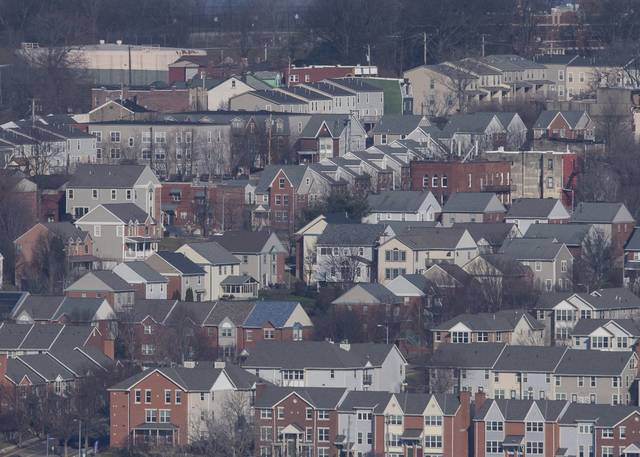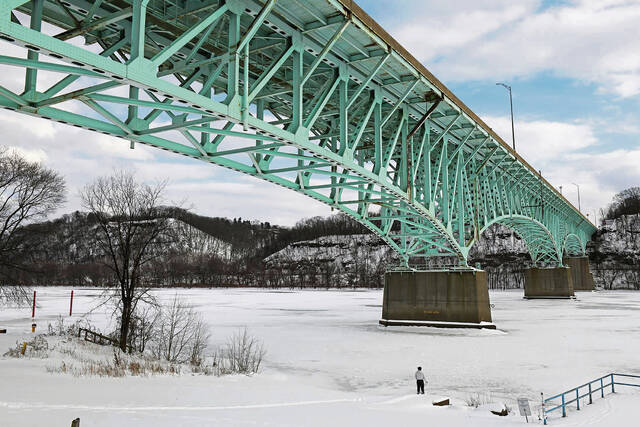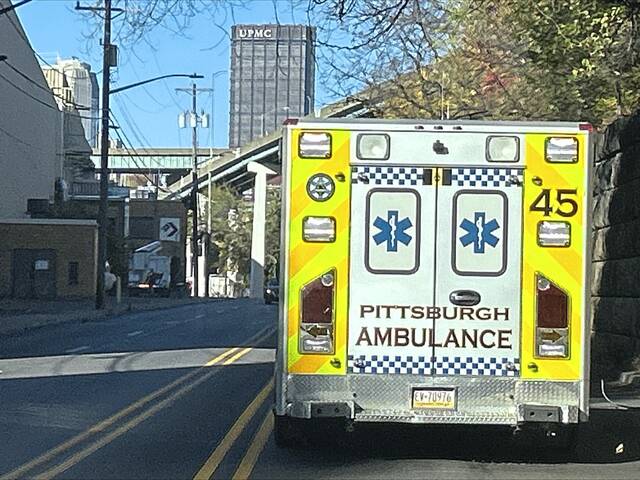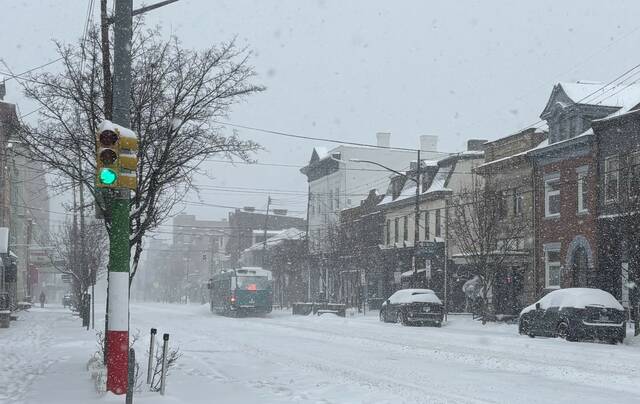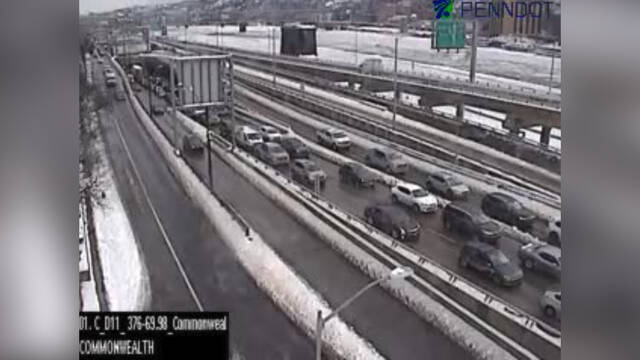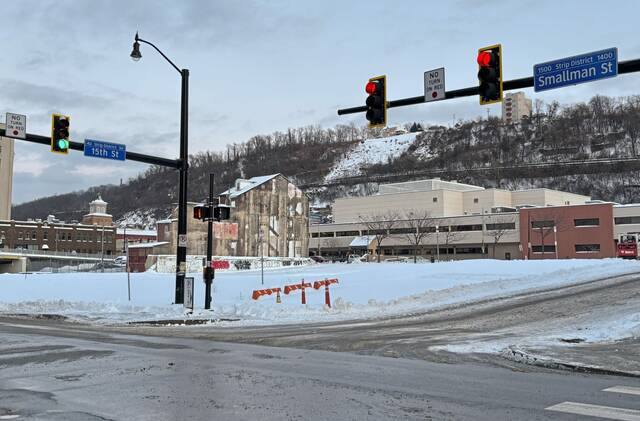Pittsburgh’s Black community is shrinking and some who remain in the city say they are fed up with generations of neglect by city officials, systematic racism and development projects that have caused departures.
Between 2014 and 2018, U.S. Census data shows, Pittsburgh’s Black population dropped by about 10% — or 7,000 people.
On Wednesday, some of more than three dozen speakers at a city council hearing put voices, faces and names beside those numbers. During their allotted three minutes, they spoke, some offering support from civic organizations and other groups in the city. Even more might have talked if it weren’t for technological glitches during the virtual meeting.
RELATED: Is there a crisis of ‘forced mass displacement’ of Black Pittsburghers?
The three-hour meeting was sought by 32 residents, including Randall Taylor, a Homewood resident who was forced to leave Penn Plaza in East Liberty more than four years ago.
Taylor, a former school board member and city council candidate, was part of the Penn Plaza Support and Action Coalition that opposed razing the apartment building for new development.
The city needs to do something to reverse the trend of Black flight and has a chance to do so by using some of the about $350 million it is set to receive in federal coronavirus stimulus money for projects that create affordable housing for Blacks, Taylor said.
The city is forming a Pittsburgh Recovery Task Force to oversee the equitable use of the money.
“We do not want any more task forces,” Taylor said.
Instead, he proposes a community-driven effort to reinvest in areas like Homewood.
“Let’s grow the city and bring people back to the city,” Taylor said.
Others who spoke suggested the same, including University of Pittsburgh sociologist Jackie Smith, of Park Place. Smith, who is white, said she’s concerned about the future of her neighborhood and her students.
The city faces an urgent need to address the results of decades of systematic racism, Smith said.
“City leaders have for too long served the needs of developers and investors,” she said.
“Trickle-down” growth from those developments hasn’t happened, Smith said. “We really need to change how we think about policy and development.”
Black activist Tim Stevens, who leads the Black Political Empowerment Project, told council members he hoped they would take a serious look at the issues.
With the federal infusion of money, the city has a chance to do something about it, he said, and how the money is spent “should be examined very closely.”
Longtime council critic Carmen Brown, of Lincoln-Lemington, said the city’s Black leaders, including Councilman Ricky Burgess, who led the meeting Wednesday, and R. Daniel Lavelle, need to be held accountable for failed policies.
“You all played a big part of it,” Brown said.
Pittsburgh attorney Bob Damewood, of Regional Housing Legal Services, a group that specializes in displacement-free development, said the city needs to enact policies that prevent harm from future development and that it can do so.
“It’s time to implement and invest in these policies,” Damewood said.
Council members didn’t weigh in until the end of the meeting.
For Councilwoman Deb Gross, who represents Lawrenceville, perhaps the city’s hotspot for development and potential gentrification, it was a call for more action.
The city has taken steps to enact inclusionary zoning and other measures to control development, but “we can and should do more,” she said. “Certainly, it’s not our mission to drive residents out of our city.”
The city should be doing things “more creatively and sooner,” she said.
Councilman Anthony Coghill, who represents the South Hills neighborhoods of the city, called the meeting “eye-opening.”
“I don’t claim to have the answers,” Coghill said. “I will work closely with other council members to try to rectify the problem.”
City officials need to involve residents in more conversations about the problem, said council President Theresa Kail-Smith.
“I think there’s a lot of opportunity to work together,” she said.
Burgess thanked people for “speaking from the heart.” He said the issue isn’t unique to Pittsburgh and is the consequence of generations of systematic racism.
Fixing it is also going to take time, he said.
“Unfortunately, it’s going to take 20, 30, 40 years to undo the harm caused,” Burgess said.
The meeting came after a five-hour Pittsburgh Planning Commission meeting Tuesday. There Hill District residents spoke about the same issue as the Pittsburgh Penguins and its development team received conditional approval for a $1 billion plan to revitalize the former Civic Arena site. The historically Black neighborhood was razed in the late 1950s to make way for the arena.
RELATED: Planning Commission OKs plans for new FNB headquarters in Lower Hill District


